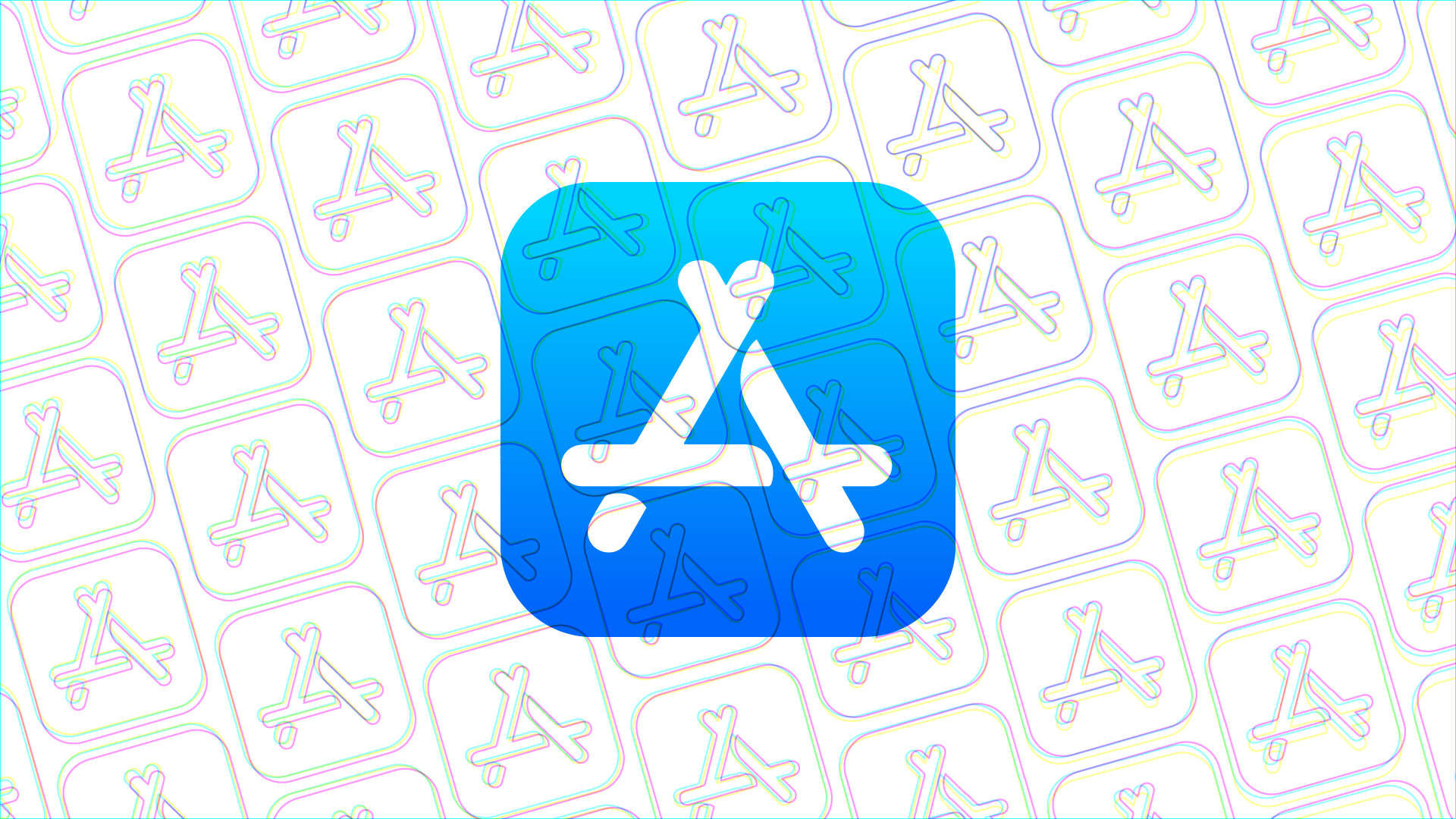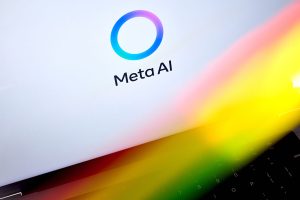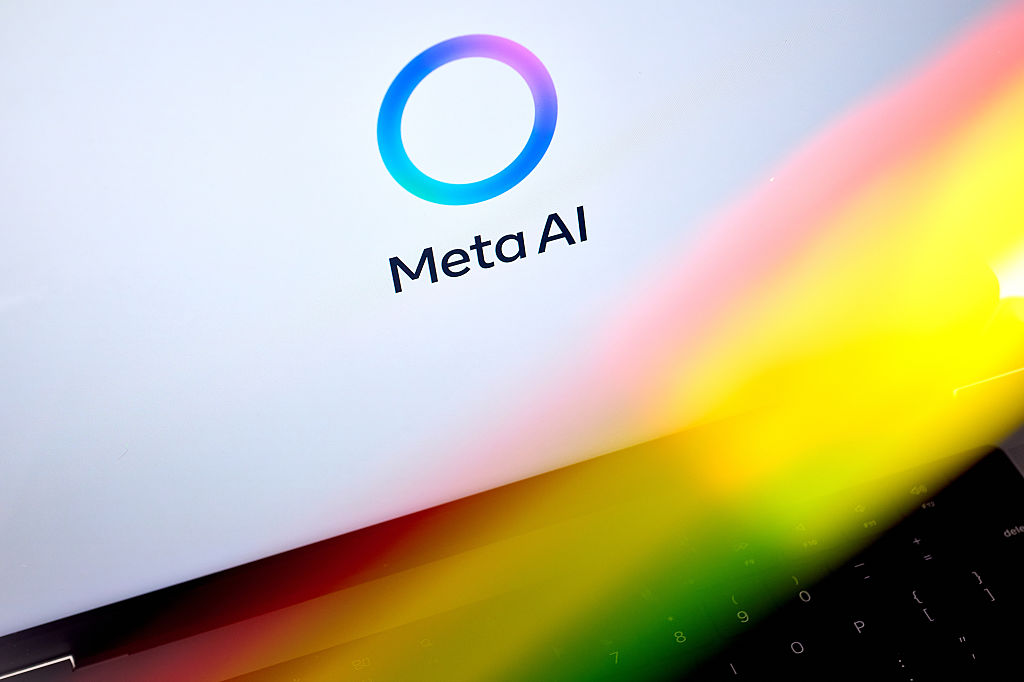
Apple has introduced significant revisions to its App Review Guidelines, mandating that applications obtain explicit user permission and clearly disclose when sharing personal data with "third-party AI." This pivotal update underscores Apple’s enduring commitment to user privacy, now specifically addressing the complex and rapidly evolving landscape of artificial intelligence integration within its vast App Store ecosystem. The change signals a proactive measure to safeguard sensitive user information as AI technologies become increasingly pervasive.
The Genesis of Apple’s Privacy Posture
Apple’s dedication to user privacy is a foundational principle that has evolved over decades, becoming a cornerstone of its brand identity and a key differentiator in the competitive tech industry. From the early days of personal computing to the mobile revolution, the company has consistently positioned itself as a guardian of personal data. This ethos was notably amplified in the 2010s with features like Face ID and Touch ID, which processed biometric data securely on-device. More recently, initiatives such as App Tracking Transparency (ATT), introduced in iOS 14.5, empowered users to decide whether apps could track their activity across other apps and websites, fundamentally reshaping the digital advertising landscape. Mail Privacy Protection further bolstered this stance by preventing senders from learning about recipients’ mail activity.
These prior actions laid the groundwork for a robust privacy framework, largely influenced by global regulatory shifts. The European Union’s General Data Protection Regulation (GDPR), enacted in 2018, set a global benchmark for data privacy rights, emphasizing transparency, consent, and user control. Similarly, the California Consumer Privacy Act (CCPA) and subsequent California Privacy Rights Act (CPRA) in the United States mirrored these principles, granting consumers more control over their personal information. Apple’s App Store policies have often reflected or even anticipated these regulatory trends, establishing baseline requirements for developers that frequently exceed minimum legal obligations. This history provides crucial context for the latest guideline updates, illustrating a continuous effort to adapt privacy protections to new technological frontiers.
Unpacking the Updated Guidelines: Explicit AI Data Consent
The core of Apple’s latest policy adjustment resides within rule 5.1.2(i) of the App Review Guidelines, which previously mandated that apps must disclose and obtain user consent before using, transmitting, or sharing personal data. This existing rule was broad, covering any form of data sharing. The newly revised language, however, introduces a critical specificity: "You must clearly disclose where personal data will be shared with third parties, including with third-party AI, and obtain explicit permission before doing so."
This explicit mention of "third-party AI" is not merely a linguistic tweak; it represents a significant reclassification and heightened scrutiny of how data interacts with artificial intelligence systems. Prior to this update, developers integrating AI functionalities might have interpreted existing data sharing clauses as sufficient, or considered their AI integrations as internal processing rather than third-party data transmission. By singling out "third-party AI," Apple clarifies that any external AI service receiving personal data, even for internal app functionalities like personalization or content generation, now falls under a strict consent regime. This includes, but is not limited to, large language models (LLMs) and advanced machine learning services that process user inputs, preferences, or behavioral data.
The implications for developers are substantial. Apps leveraging external AI services for features such as advanced chatbots, personalized recommendations, content summarization, or sophisticated image processing that involve user data will now need to design their user experience to include clear, unambiguous disclosures and mechanisms for obtaining explicit user consent. This moves beyond simple privacy policy statements, requiring active opt-in from users. Failure to comply could result in apps being rejected during the review process or removed from the App Store, a powerful deterrent given the platform’s vast reach.
A key challenge lies in the definition and scope of "AI." The term itself can encompass a wide spectrum of technologies, from sophisticated generative AI models to more traditional machine learning algorithms used for analytics or optimization. Apple has not yet provided an exhaustive list or precise technical definition within the guidelines, leaving some ambiguity about how stringently and broadly this rule will be enforced. This lack of precise definition could lead to initial confusion among developers, requiring careful interpretation and potentially leading to more conservative data handling practices to ensure compliance.
Apple’s Strategic AI Vision: A Differentiated Approach
This policy update is strategically timed, preceding Apple’s anticipated introduction of its own suite of AI enhancements, dubbed "Apple Intelligence," slated for 2026. Central to this initiative is a significant overhaul of Siri, the company’s digital assistant. The upgraded Siri is expected to offer unprecedented capabilities, including the ability for users to execute actions across multiple applications using voice commands, seamlessly integrating various functionalities within the Apple ecosystem. Reports suggest that this advanced Siri will be powered, in part, by Google’s formidable Gemini AI technology, indicating Apple’s willingness to partner for best-in-class AI while maintaining its privacy principles.
From an analytical perspective, Apple’s move can be seen as a sophisticated strategic play. By establishing stringent privacy guidelines for third-party AI integrations before rolling out its own AI capabilities, Apple aims to create a differentiated ecosystem. This approach allows the company to position "Apple Intelligence" as inherently more private and trustworthy, fostering user confidence in its own AI offerings. The message is clear: while external AI services must adhere to strict data consent protocols, Apple’s integrated AI, presumably operating with on-device processing and robust data minimization techniques, will offer a superior privacy standard. This strategy could mitigate potential user apprehension surrounding AI’s data demands and help Apple carve out a distinct advantage in the increasingly crowded AI market. It reinforces Apple’s "walled garden" approach, where the company maintains tight control over its platform to ensure a consistent user experience and adherence to its core values, including privacy.
Implications for the Developer Ecosystem
The revised guidelines present both challenges and opportunities for the vast developer community building for Apple’s platforms.
For many developers, particularly those heavily reliant on third-party AI services for core functionalities or personalization, the update necessitates a re-evaluation of their data handling practices. They will need to:
- Enhance Transparency: Clearly articulate to users exactly what data is being collected, how it’s being used by which specific third-party AI, and the benefits derived from such sharing.
- Refine Consent Mechanisms: Implement more granular and explicit consent flows, potentially requiring opt-ins for specific AI-driven features rather than blanket agreement.
- Explore On-Device AI: Some developers might shift towards integrating more AI models directly on-device, leveraging Apple’s neural engine, to avoid the complexities of third-party data sharing and enhance privacy. This could spur innovation in local AI processing.
- Vet AI Partners: Developers will need to thoroughly audit their third-party AI providers to ensure they meet Apple’s stringent data privacy and security standards.
While this might increase development overhead and user onboarding friction in some cases, it also pushes the industry towards more responsible AI development. Smaller developers, who may have fewer resources to navigate complex compliance, could face a higher barrier to entry for AI-driven features. However, it also creates an opportunity for them to build user trust by showcasing robust privacy-preserving designs. For larger tech companies that frequently leverage AI, this could prompt a re-architecture of their data pipelines and AI integrations to align with Apple’s mandates, potentially influencing industry-wide best practices.
Shifting Sands: Market and User Impact
The market impact of these guidelines extends beyond developers to AI providers themselves. Companies offering AI-as-a-service may need to develop more privacy-centric versions of their offerings, or provide clear documentation to their clients (the app developers) on how their services handle personal data in compliance with Apple’s rules. This could foster a competitive environment where AI services with strong privacy assurances gain an edge.
For users, the updated guidelines are overwhelmingly positive. They promise greater control and transparency over their personal data, especially in an era where AI’s data appetite is widely recognized. Users can now expect to make more informed decisions about which apps they trust with their information, knowing that Apple is actively enforcing strict privacy standards for AI interactions. This could lead to increased user confidence in the App Store as a secure environment for AI-powered applications, potentially driving higher engagement with apps that clearly prioritize privacy. The cultural impact is also significant, as it reinforces the growing societal expectation for ethical AI development and data stewardship. As AI becomes intertwined with daily life, policies like Apple’s contribute to a broader conversation about digital rights and the balance between innovation and protection.
The Broader Context: AI Ethics and Data Governance
Apple’s move is part of a larger global trend towards establishing ethical frameworks and regulatory oversight for artificial intelligence. Governments and international bodies worldwide are grappling with how to govern AI, particularly concerning issues of bias, transparency, accountability, and data privacy. By explicitly addressing AI within its guidelines, Apple positions itself as a leader in private sector efforts to self-regulate and guide the responsible development of AI.
This policy reflects a growing consensus that AI, while transformative, carries inherent risks related to data exploitation if not properly managed. The potential for AI to collect, analyze, and infer highly personal information from vast datasets necessitates robust protective measures. Apple’s guidelines contribute to the ongoing dialogue about what constitutes ethical data practices in the age of AI, pushing developers to think critically about the implications of their AI integrations on user privacy.
Navigating Ambiguity: Enforcement and Future Challenges
While the intent of the new guidelines is clear, the practical aspects of enforcement present several challenges. The aforementioned ambiguity surrounding the precise definition of "AI" is a significant hurdle. Will Apple differentiate between a simple machine learning algorithm for content recommendation and a complex generative AI model? How will they monitor compliance, particularly for AI processing that might occur server-side or involve multiple layers of third-party services? Apple’s App Review process is notoriously rigorous, but detecting subtle non-compliance in complex AI systems could require sophisticated auditing tools and expertise.
Developers will be looking for further clarification from Apple, potentially through developer forums, updated documentation, or case studies, to better understand the scope and enforcement mechanisms. The evolution of AI technology itself means that these guidelines will likely need continuous adaptation and refinement to remain relevant and effective.
A Comprehensive Update Cycle
It is also important to note that these AI-focused privacy changes are part of a broader set of revisions to the App Review Guidelines. Other updates introduced concurrently include provisions supporting Apple’s new Mini Apps Program, which aims to facilitate smaller, modular app experiences. Additionally, there were tweaks to rules governing creator apps, loan applications, and a significant addition that now includes crypto exchanges in the list of highly regulated fields requiring specific compliance measures. This comprehensive update cycle indicates Apple’s ongoing effort to maintain a secure, trustworthy, and evolving ecosystem for both developers and users, with privacy and responsible innovation at its core. The explicit focus on AI, however, stands out as a critical indicator of the direction Apple believes the future of digital interaction is headed and how it intends to shape it within its domain.








